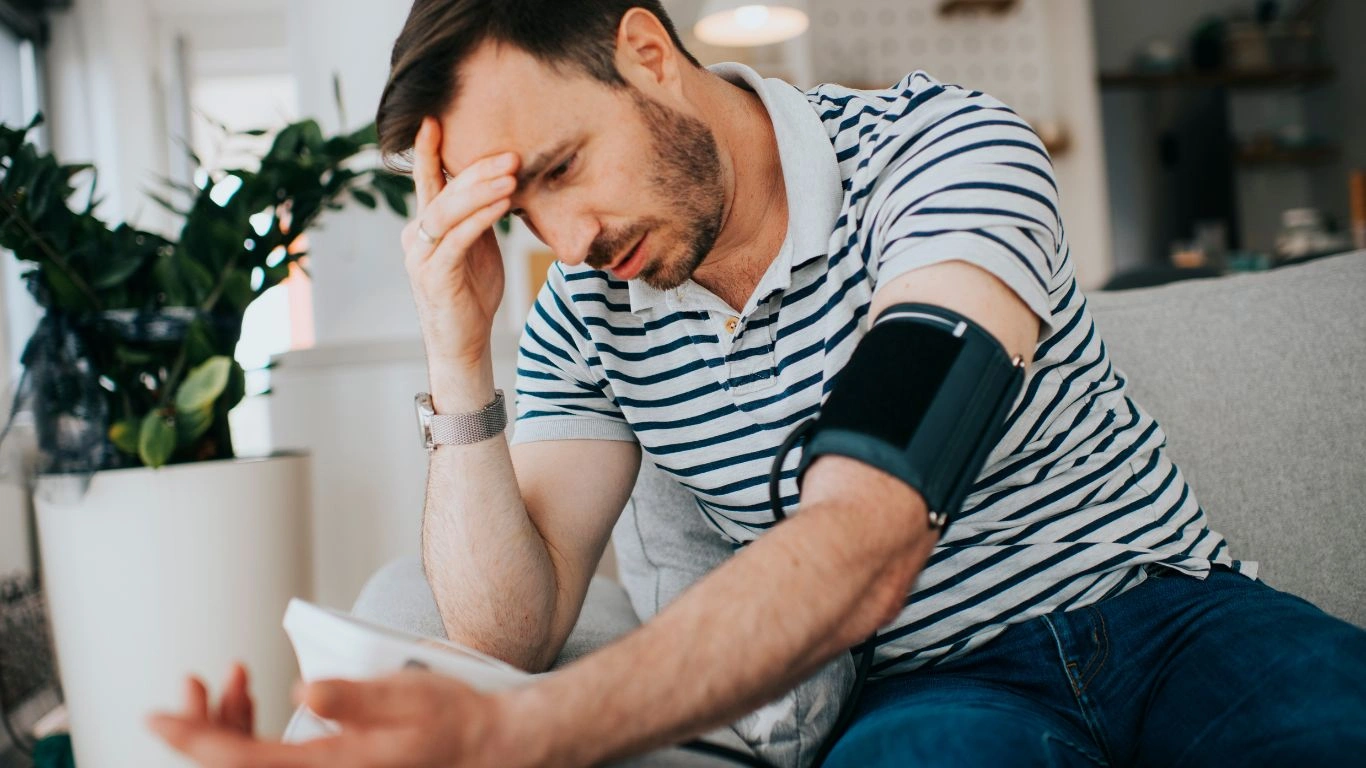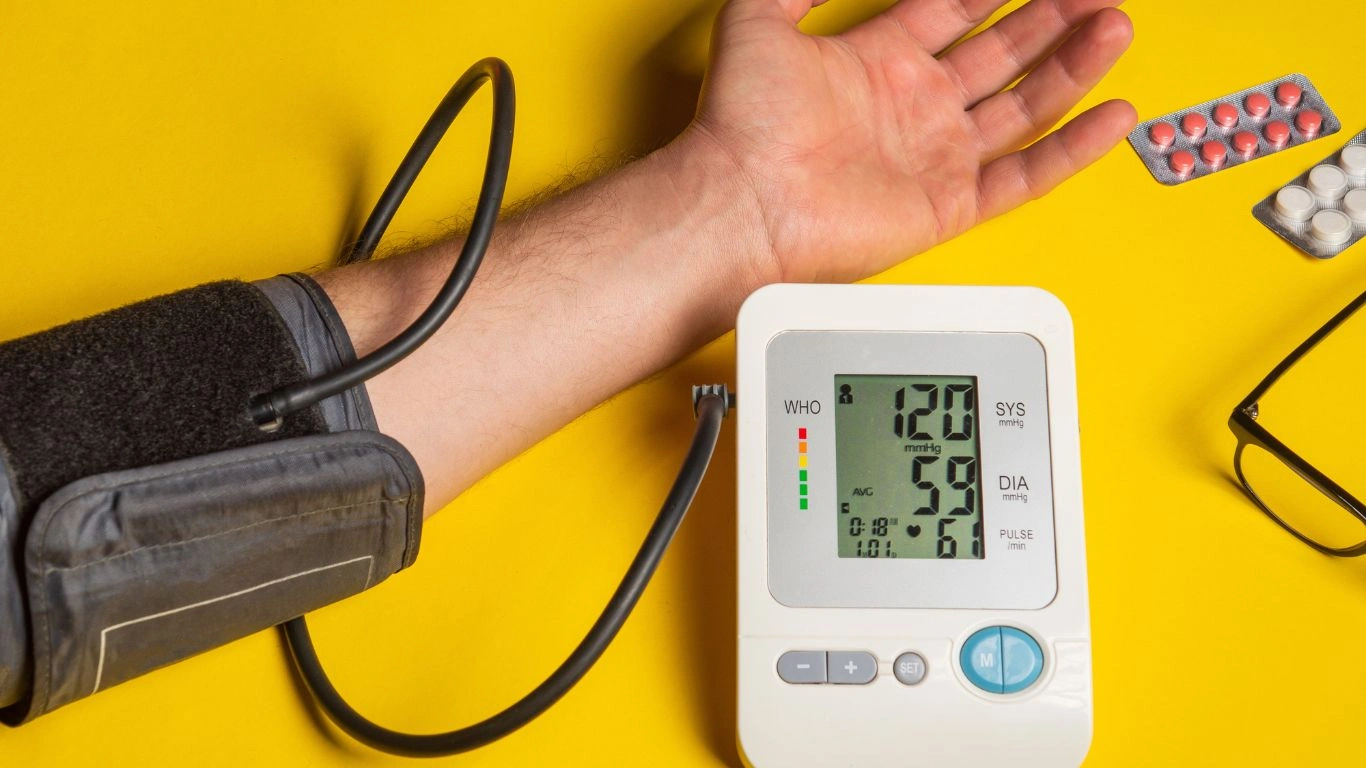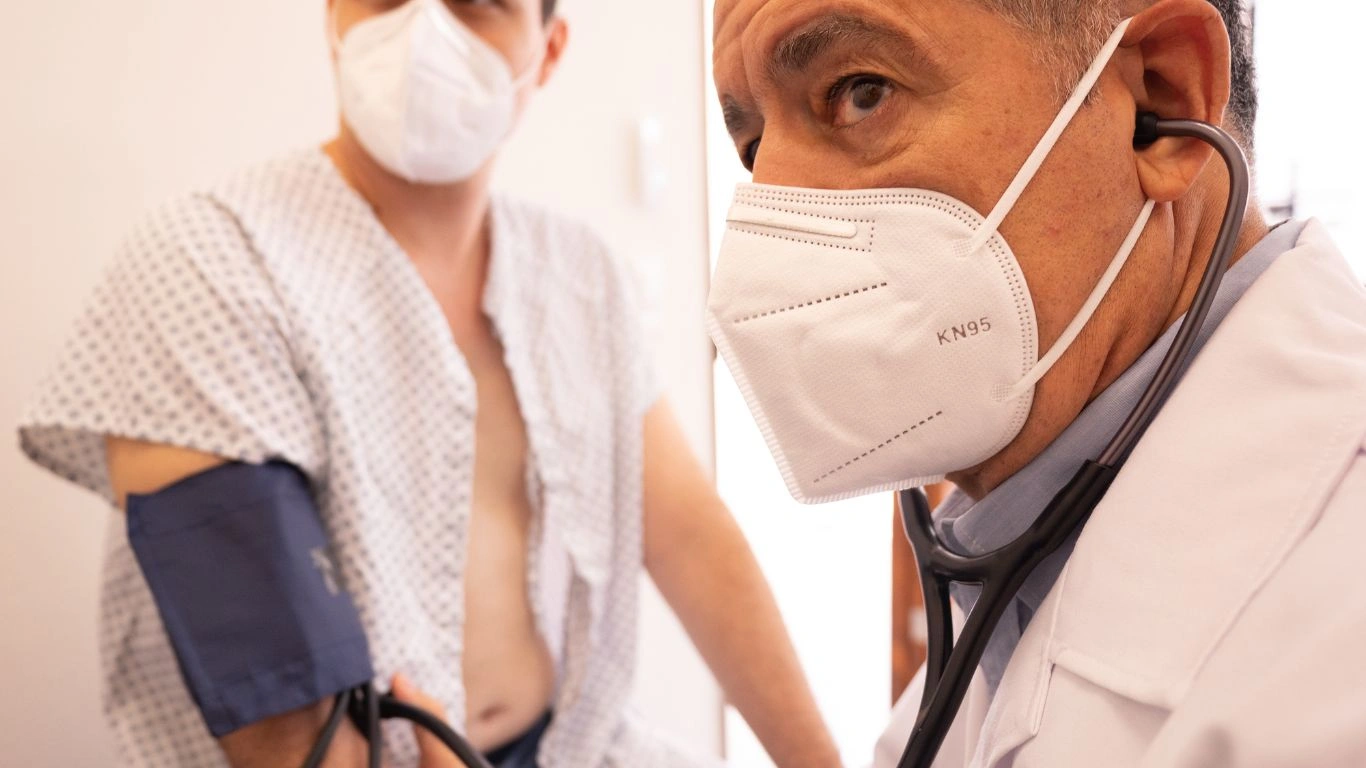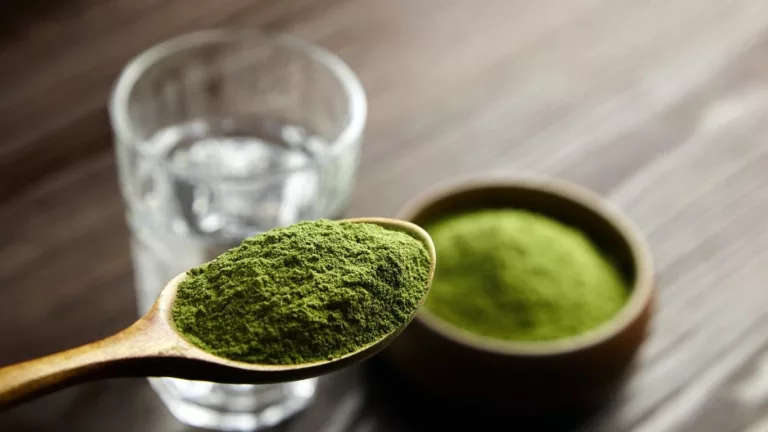How Deep Breathing Affects Blood Pressure – A Simple Guide to Relaxation
Worried about your blood pressure? You’re not alone. With the constant hustle and bustle of life, blood pressure can sometimes get out of whack. But here’s the good news: deep breathing can help! Let’s dive into how breathing techniques can make a difference to your heart health.
When it comes to managing blood pressure, most people think about medications or changes to their diet. But here’s something you might not have considered: how deep breathing affects your blood pressure. Believe it or not, the way you breathe can have a profound impact on your heart and overall well-being.

Understanding Blood Pressure
Before we get into the nitty-gritty of how deep breathing works, it’s important to understand blood pressure a bit better. Blood pressure refers to the force that your blood exerts against the walls of your arteries as your heart pumps it around your body. It’s measured using two numbers: systolic pressure (when your heart beats) and diastolic pressure (when your heart is at rest between beats). When your blood pressure gets too high (hypertension), it can put stress on your heart and lead to serious health issues, like heart disease and stroke. On the other hand, if it’s too low, it can lead to dizziness and fainting. The ideal goal is to keep it within a healthy range.
How Stress Affects Blood Pressure
Stress is one of the biggest culprits when it comes to high blood pressure. When you’re stressed, your body releases adrenaline and cortisol, which trigger the “fight or flight” response. This causes your heart rate to increase and your blood vessels to constrict, leading to a temporary spike in blood pressure. Over time, if your stress levels remain high, it can contribute to chronic high blood pressure, which is a significant risk factor for cardiovascular diseases. But here’s where deep breathing comes into play—it’s a natural way to counteract that stress and lower your blood pressure.

How Deep Breathing Lowers Blood Pressure
When you practice deep breathing, you’re signaling your body to relax. This helps to slow down your heart rate and dilate your blood vessels, reducing the overall pressure on your circulatory system. The key here is that deep breathing activates your parasympathetic nervous system, also known as the “rest and digest” system. This system opposes the fight-or-flight response triggered by stress and brings your body back to a calm state. Here’s how it works:
- Slows down the heart rate: By taking slow, deep breaths, you give your body time to relax. A slower heart rate means less strain on your heart, lowering your blood pressure.
- Promotes blood vessel dilation: Deep breathing helps your blood vessels expand, making it easier for blood to flow through your arteries. This also helps reduce pressure.
- Balances stress hormones: Deep breathing can lower cortisol levels, the stress hormone that contributes to high blood pressure. By calming your mind, deep breathing reduces the negative effects of chronic stress.
What Does Science Say About Deep Breathing and Blood Pressure?
Studies have shown that deep breathing exercises can have a significant impact on lowering blood pressure, particularly in individuals with high blood pressure. A study published in the Journal of Hypertension found that slow, controlled breathing significantly reduced both systolic and diastolic blood pressure in participants. Other research has shown that yoga and meditation, which often incorporate deep breathing, can also help manage blood pressure over time. So, if you’re looking for a natural, easy way to manage your blood pressure, breathing exercises are a great place to start.

How to Practice Deep Breathing
If you’re ready to start using deep breathing to lower your blood pressure, it’s easy to do! Here’s a simple technique to get you started:
1. Find a Comfortable Spot
Sit or lie down in a comfortable position. Close your eyes and focus on your breathing.
2. Inhale Slowly
Breathe in slowly through your nose for about 4 seconds. Feel your lungs expand as you fill them with air.
3. Hold Your Breath
Hold your breath for 4 to 7 seconds. This is the trick that helps calm your body down.
4. Exhale Slowly
Slowly exhale through your mouth for about 8 seconds. Try to make your exhale longer than your inhale to encourage relaxation.
5. Repeat
Continue this process for 5-10 minutes, focusing on deep, even breaths. The goal is to relax your mind and body. By incorporating this deep breathing practice into your daily routine, you’ll notice the benefits over time. You can do it several times a day, especially during moments of stress or anxiety.
Other Relaxation Techniques to Lower Blood Pressure
While deep breathing is a great way to reduce blood pressure, there are other relaxation techniques you can try to boost the effects:
- Progressive Muscle Relaxation: This involves tensing and relaxing different muscle groups to relieve stress.
- Meditation: Mindfulness meditation can help calm your mind and reduce stress, lowering blood pressure.
- Yoga: Incorporating both deep breathing and gentle movement, yoga has been shown to have long-term benefits for heart health.
- Visualization: Imagine yourself in a peaceful place, like a beach or forest, to calm your mind and lower stress.
 Conclusion
Conclusion
So, how deep breathing affects blood pressure is pretty straightforward—by relaxing your mind and body, it helps reduce the stress that can spike your blood pressure. Plus, it’s super simple and doesn’t require any special equipment or medications. By practicing deep breathing regularly, you can take control of your blood pressure and improve your overall heart health. Give it a try the next time you feel stressed out or need a moment of calm!
Appendices
FAQs
Here are some common questions people have about deep breathing and blood pressure:
- Can deep breathing lower my blood pressure immediately? While you might feel a sense of calm right away, regular deep breathing over time is the most effective way to see long-term blood pressure benefits.
- How often should I practice deep breathing? Aim for 5-10 minutes of deep breathing, 2-3 times a day. You can also practice it during moments of stress.
- Can deep breathing replace my blood pressure medication? Deep breathing can help manage blood pressure, but it’s important to follow your doctor’s advice and continue any prescribed treatments.
- How does deep breathing affect heart rate? Deep breathing slows down your heart rate, which in turn helps lower your blood pressure.
- Is deep breathing safe for everyone? Yes, deep breathing is generally safe for most people. However, if you have respiratory issues or heart conditions, it’s a good idea to consult with a healthcare provider.
References
For more information on the effects of deep breathing on blood pressure, check out these resources:
- Smith, J. & Liu, X. (2022). Effects of Breathing Techniques on Blood Pressure. Journal of Hypertension Research, 30(5), 234-245.
- National Institutes of Health. (2023). Breathing Exercises for Stress Relief and Blood Pressure Management. NIH Heart Health Series, 40(3), 118-123.
Disclaimer
The information provided in this article is for educational purposes only and should not replace professional medical advice. Always consult with your healthcare provider before starting any new health practices or altering your current treatment plan.

Dr. Gwenna Aazee is a board-certified Internal Medicine Physician with a special focus on hypertension management, chronic disease prevention, and patient education. With years of experience in both clinical practice and medical writing, she’s passionate about turning evidence-based medicine into accessible, actionable advice. Through her work at Healthusias.com, Dr. Aazee empowers readers to take charge of their health with confidence and clarity. Off the clock, she enjoys deep dives into nutrition research, long walks with her rescue pup, and simplifying medical jargon one article at a time.







